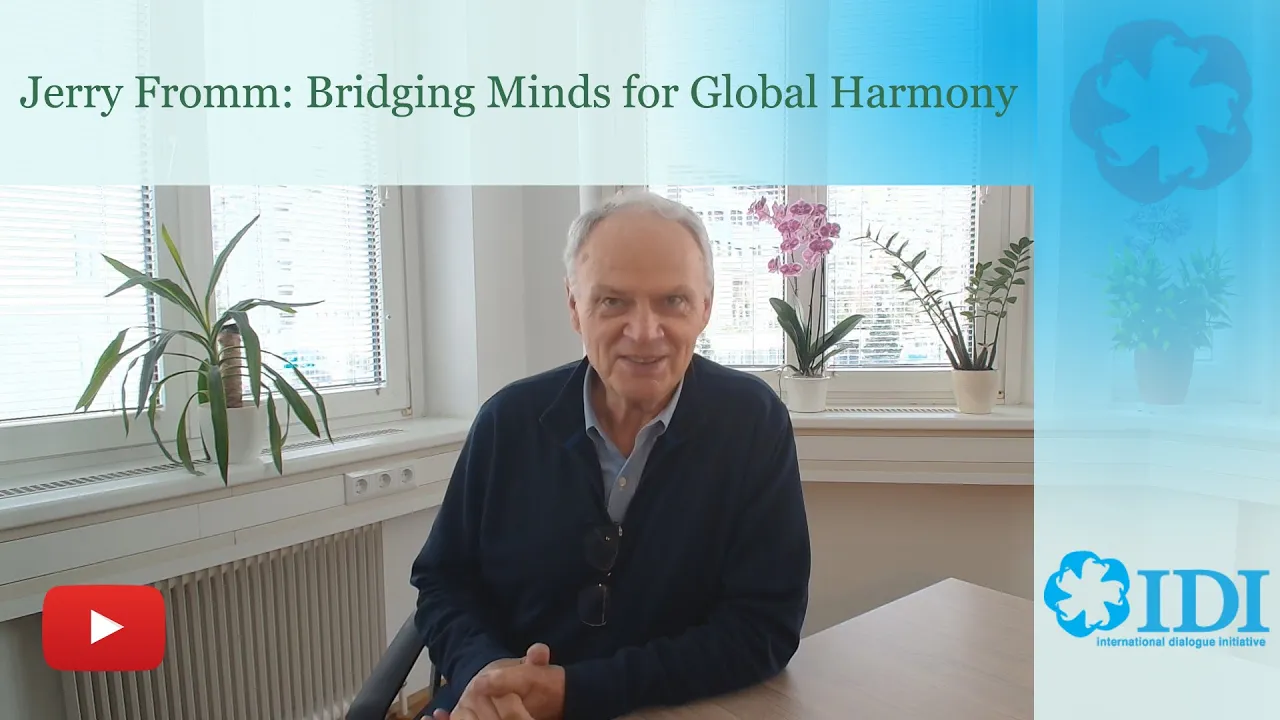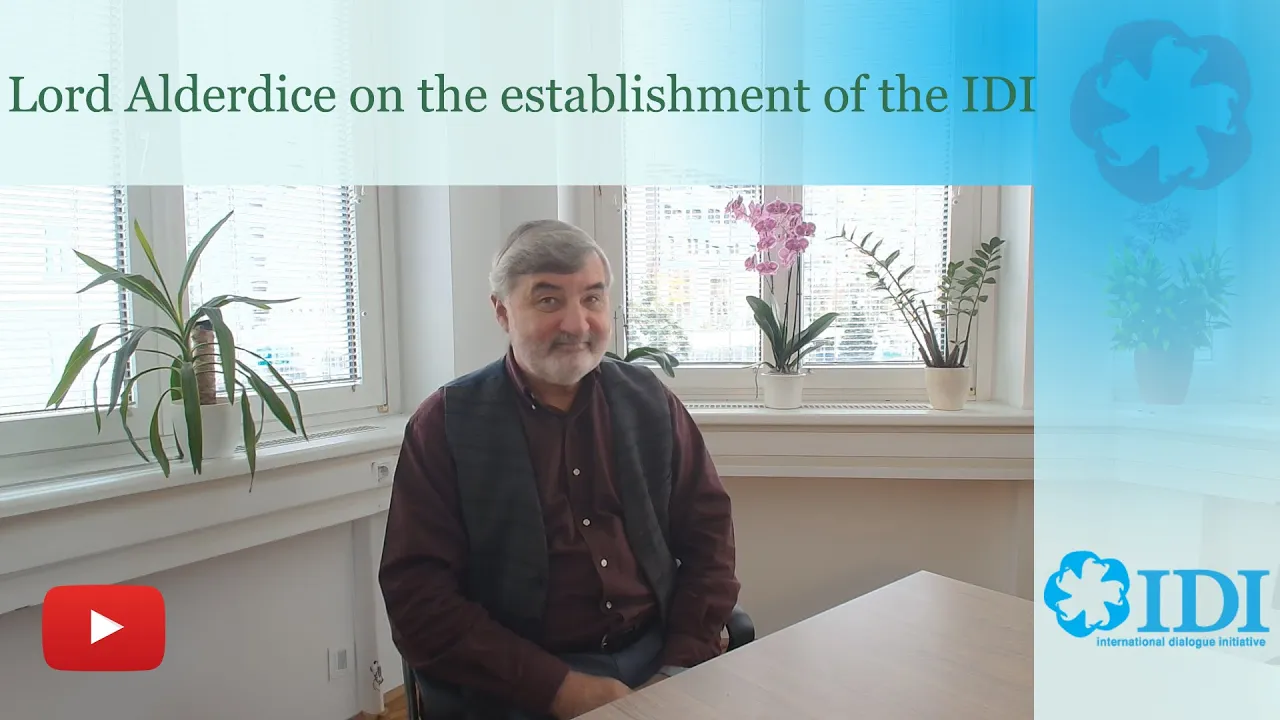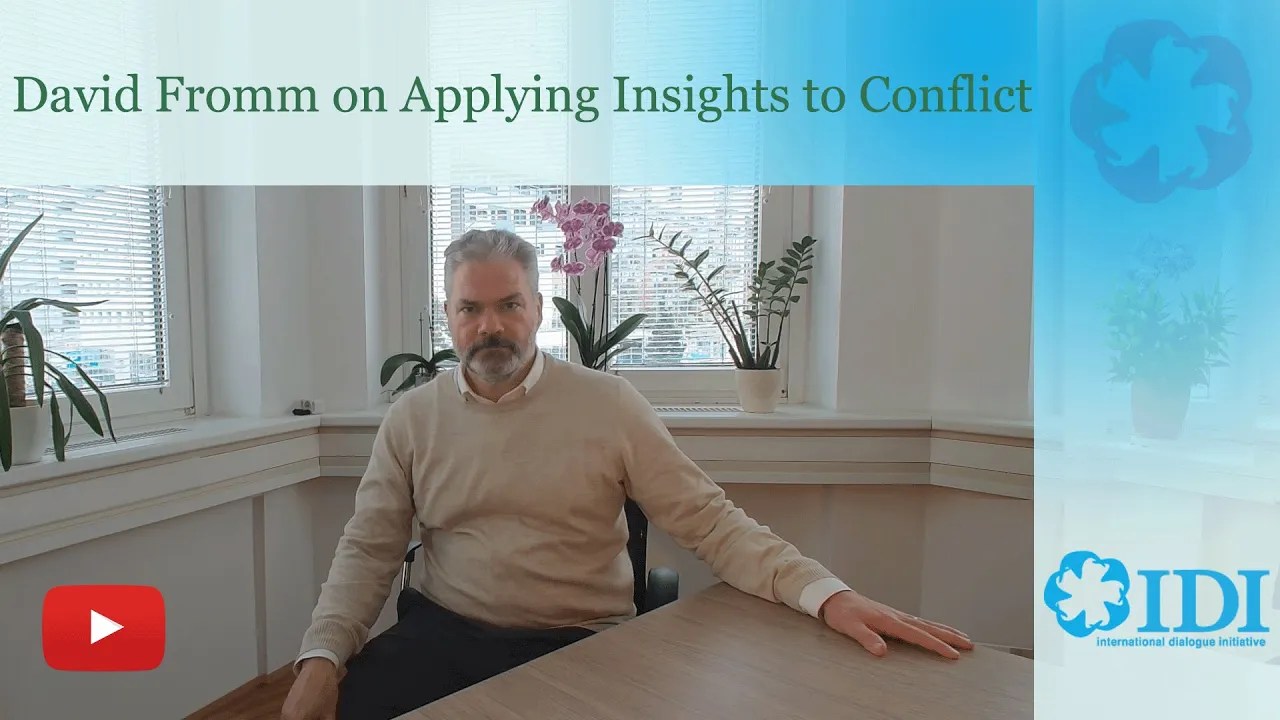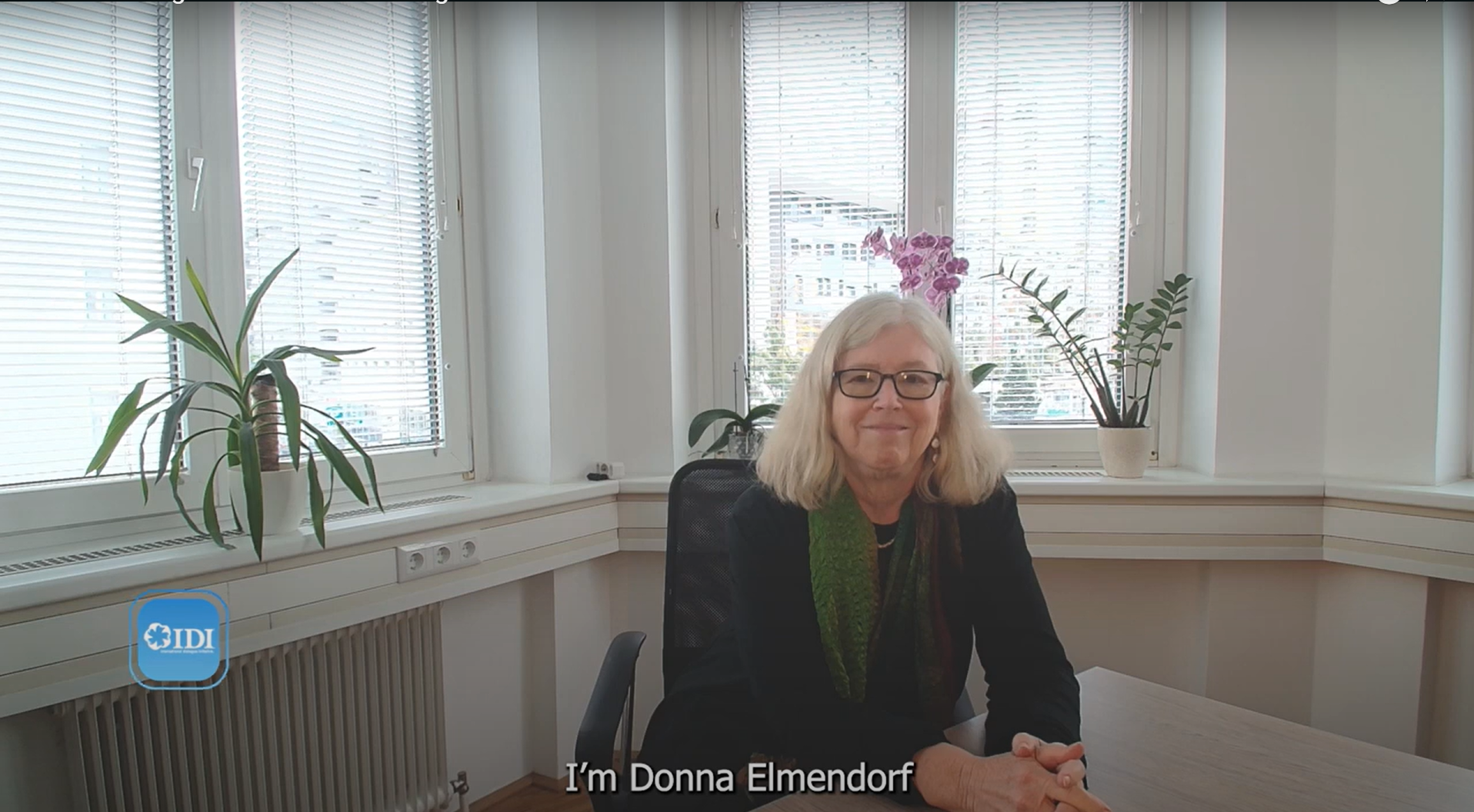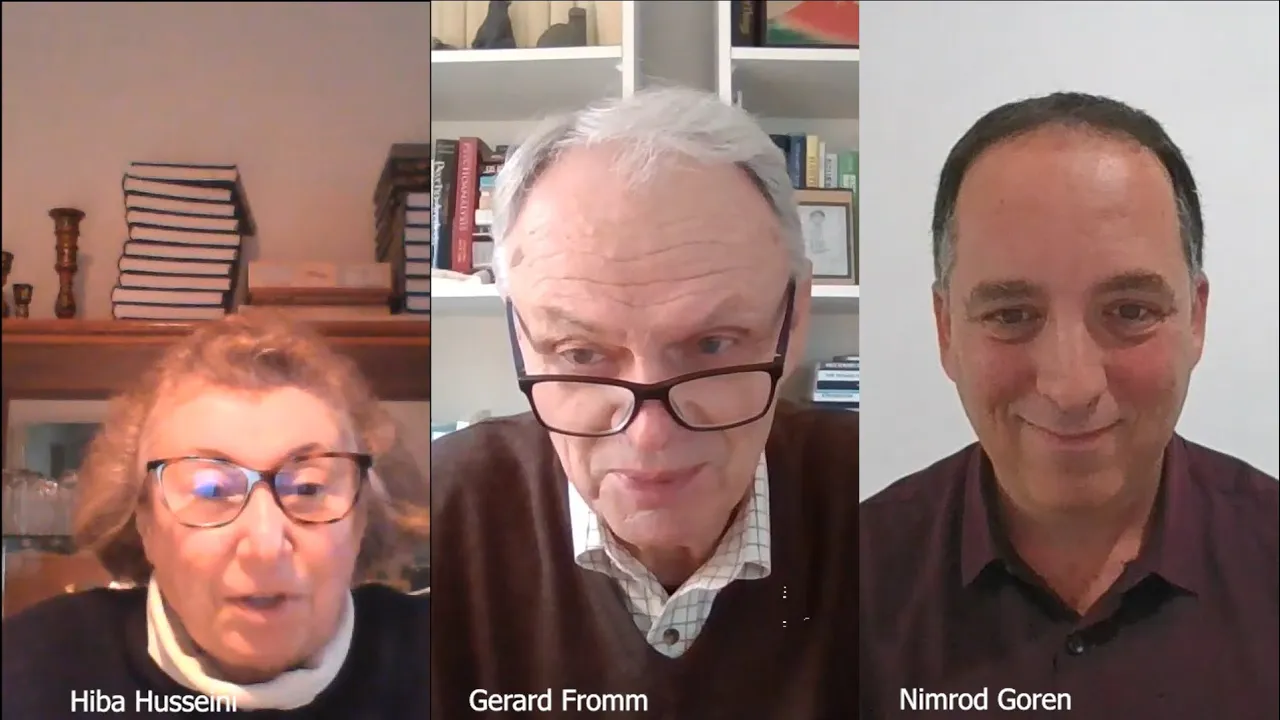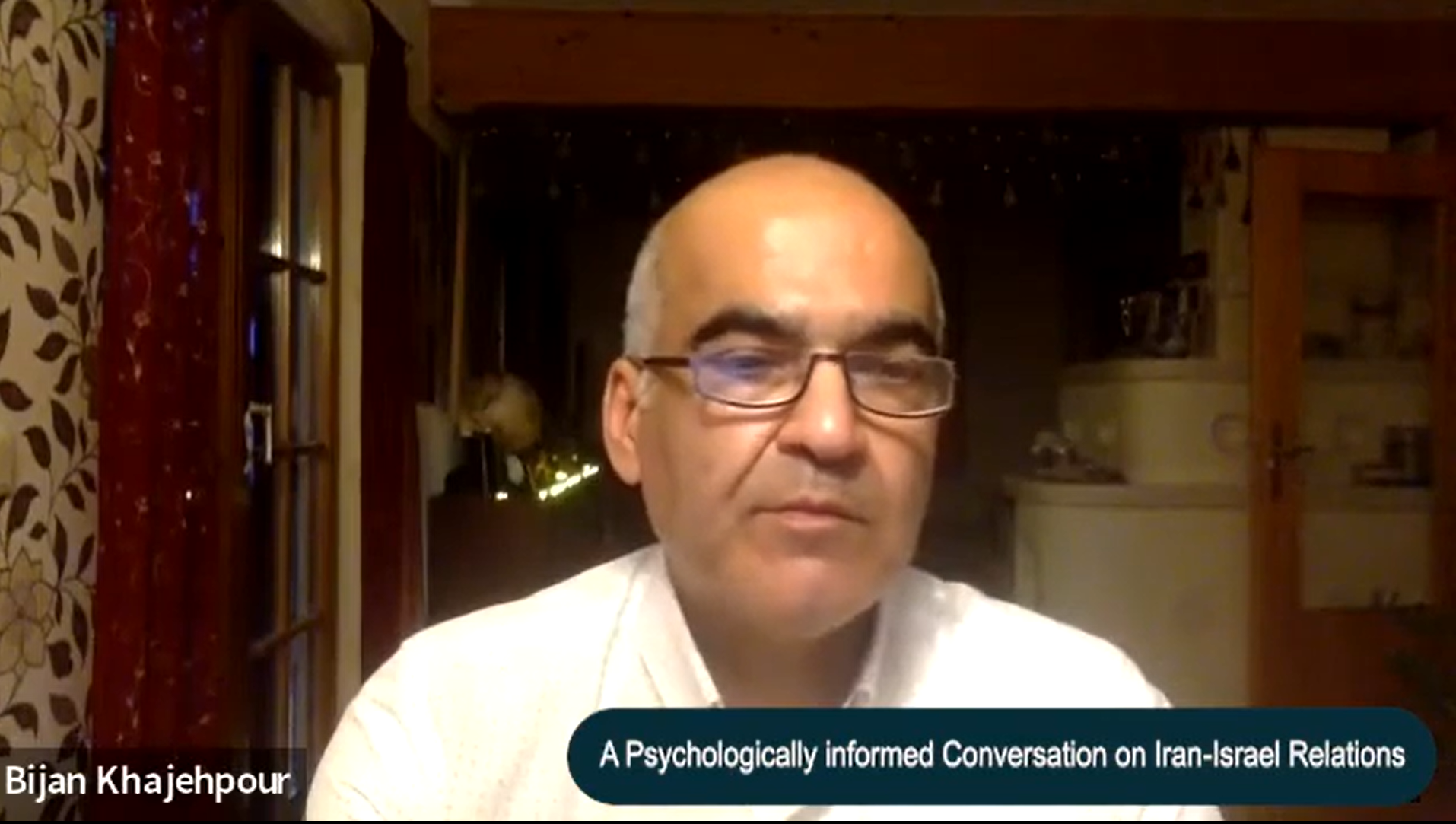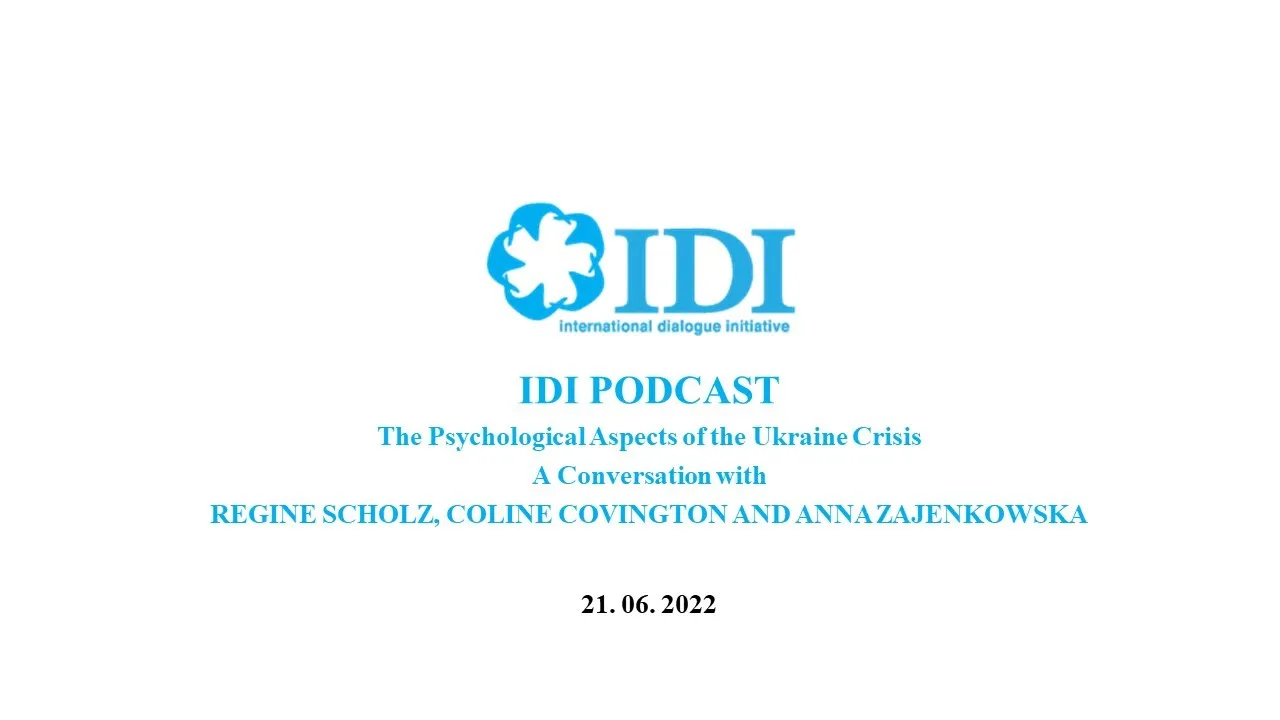Who We Are
The IDI is a private, international, multidisciplinary group comprised of psychoanalysts, academics, diplomats and other professionals, who bring a psychologically-informed perspective to the study and amelioration of societal conflict.
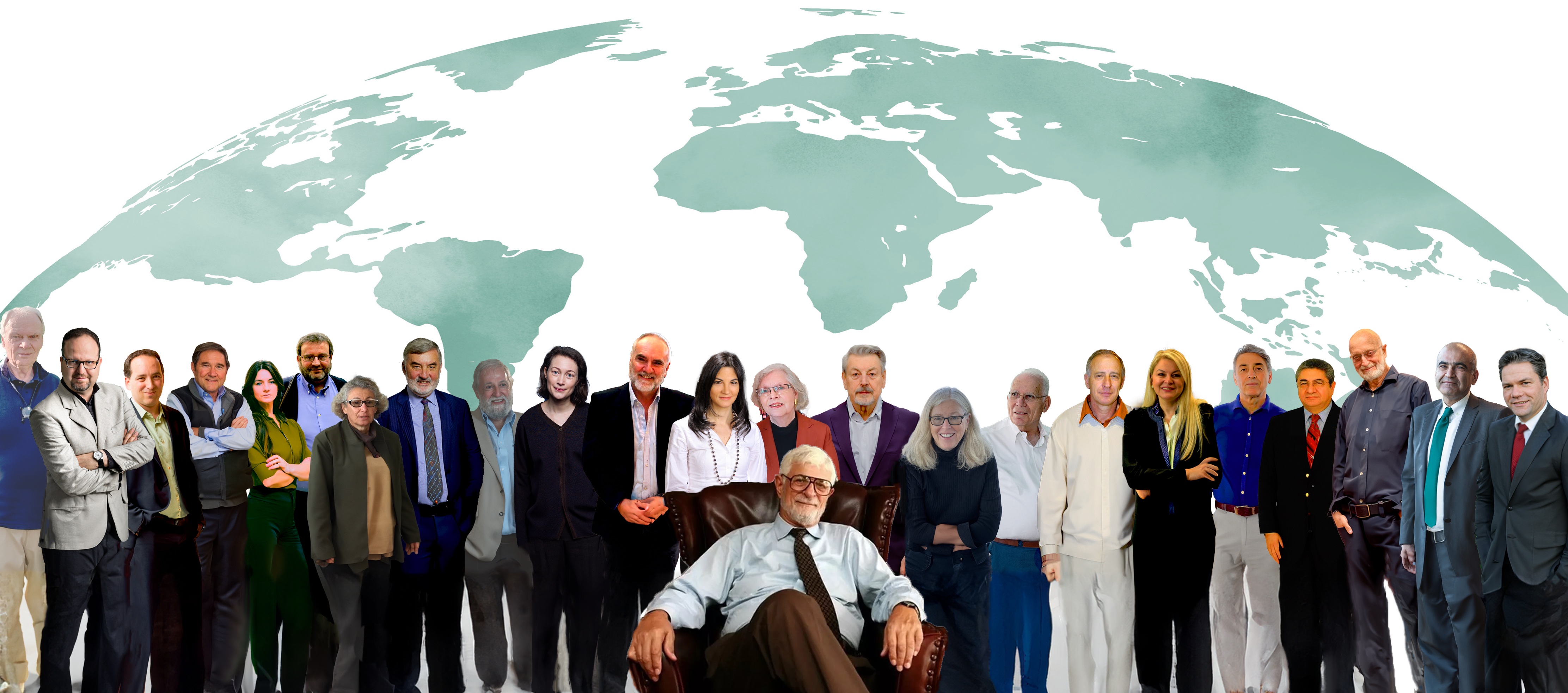
What We Do
In the 21st Century, understanding the “Other” presents itself as perhaps the major difficulty in the field of diplomacy and international relations. Reflexive, historically-based antagonisms –the origins of which are often lost in the past but the emotions and symbols of which can be reactivated passionately in the present – contribute to conflict between communities and nations. Rational approaches based on each sides’ real interests are defeated by irrational views of one another, and discussion becomes dangerously confused or polarized. Working relationships – tense to begin with – break down even further.
Psychologically-informed dialogue is aimed at opening a reflective space in this disturbance of communication and relationships. Its goal is to understand how the emotional and historical background of that disturbance – often related to trauma – is being experienced in the present. This kind of intensive psychological learning can help participants overcome resistances to dialogue and facilitate their finding peaceful solutions to intergroup problems.
Bringing people together to address the emotional and historical origins of societal conflicts.
We Don’t Speak Of Fear
The IDI is pleased to announce publication of “ We Don’t Speak Of Fear: Large-Group Identity, Societal Conflict and Collective Trauma,” the IDI’s first collective effort to share its work. Divided into sections on theory, application and methodology, We Don’t Speak Of Fear holds the idea that, while traumatic experiences may happen to an individual or a family, they also affect society and large-group identity over long periods of time. In that way, trauma plays out between generations and between countries.
‘At this moment in time, when tribalism and polarization are rampant, with humanity split into thousands of splintered groups, and the very planet itself threatened, this compelling book, unlike much of the conflict resolution literature, addresses the deep, frequently unconscious roots of conflict, not just the symptoms. With great understanding and compassion, the various authors explain how the profound, historic wounds of shame and humiliation and fear of loss of identity keep so many communities divided and imprisoned. At the same time, they offer a much-needed vision for how human beings might heal these deep wounds and begin to live on the presumption that we are one human family, despite our differences. We Don’t Speak of Fearis a wonderful contribution to the global family and deserves to be read, pondered, and decisively acted upon.’
Hugh O’Doherty, Founding Member, the Leadership and Peacemaking Global Network – 10/02/2023


